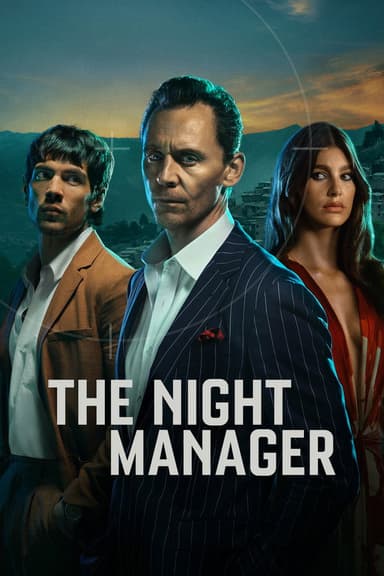
An Inconvenient Woman
1991 • Drama, Mystery
A rich man's mistress gets in the middle of a high-society murder in Beverly Hills.
Why you should read the novel
Dominick Dunne's novel 'An Inconvenient Woman' immerses readers in the intoxicating world of high society Los Angeles, where power, money, and ambition intertwine. With intricate character development and exceptional storytelling, the book crafts a narrative full of suspense and nuance—much richer than what a TV series can achieve. The subtle motivations and moral ambiguities at the heart of Dunne’s work unfold vividly on the page, allowing for a deeper, more immersive experience.
The novel’s detailed exploration of its characters’ inner lives provides layers of context often lost in adaptation. Through Dunne’s prose, readers are invited into the minds of the elite and those within their orbit, understanding not just their actions, but the desires and insecurities behind them. The book offers a comprehensive portrayal of how personal secrets and public scandals collide, something that is only touched upon visually in the series.
Reading 'An Inconvenient Woman' means embracing a world rendered with wit, empathy, and razor-sharp social observation. Dunne’s insight into the interplay of status, loyalty, and passion surpasses what can be condensed into a few episodes, giving depth to every twist and character. For those who crave complexity and emotional resonance, the source novel is an experience that simply cannot be replicated on screen.
Adaptation differences
The television adaptation of 'An Inconvenient Woman' streamlines many of the novel’s intricate subplots to accommodate its limited runtime. While the book delves into multiple perspectives and backstories, the series narrows its focus, often omitting or condensing secondary characters and events. This results in a more straightforward narrative that forgoes some of the elaborate social dynamics and themes present in the source material.
A significant difference lies in the development and portrayal of characters. The novel’s protagonist, Flo March, is given a much richer inner life through Dunne’s detailed narration, while the series presents her journey more superficially. Several supporting characters, so vividly depicted in the book, are minimized or altered on screen to suit pacing and casting constraints. This shifts the tone and occasionally changes motivations, making some character arcs less compelling or ambiguous.
Another major change is the adaptation’s treatment of the story’s darker or more controversial elements. Dunne’s book doesn’t shy away from the corrupt underbelly of Los Angeles’s elite, but the TV series often sanitizes or glosses over these themes for a broader audience. As a result, certain plot twists and revelations lose some of their impact or moral complexity, diminishing the sharp social critiques embedded in the novel.
Finally, the resolution in the adaptation diverges from the novel’s original conclusion. The series opts for a more definitive and sometimes more optimistic ending, providing closure for its viewers. By contrast, Dunne’s novel embraces ambiguity and lingering questions, reflecting the messiness of real-life scandals and relationships. Readers of the book find a story that echoes long after its final pages—something the adaptation, for all its merits, cannot quite replicate.
An Inconvenient Woman inspired from
An Inconvenient Woman
by Dominick Dunne








